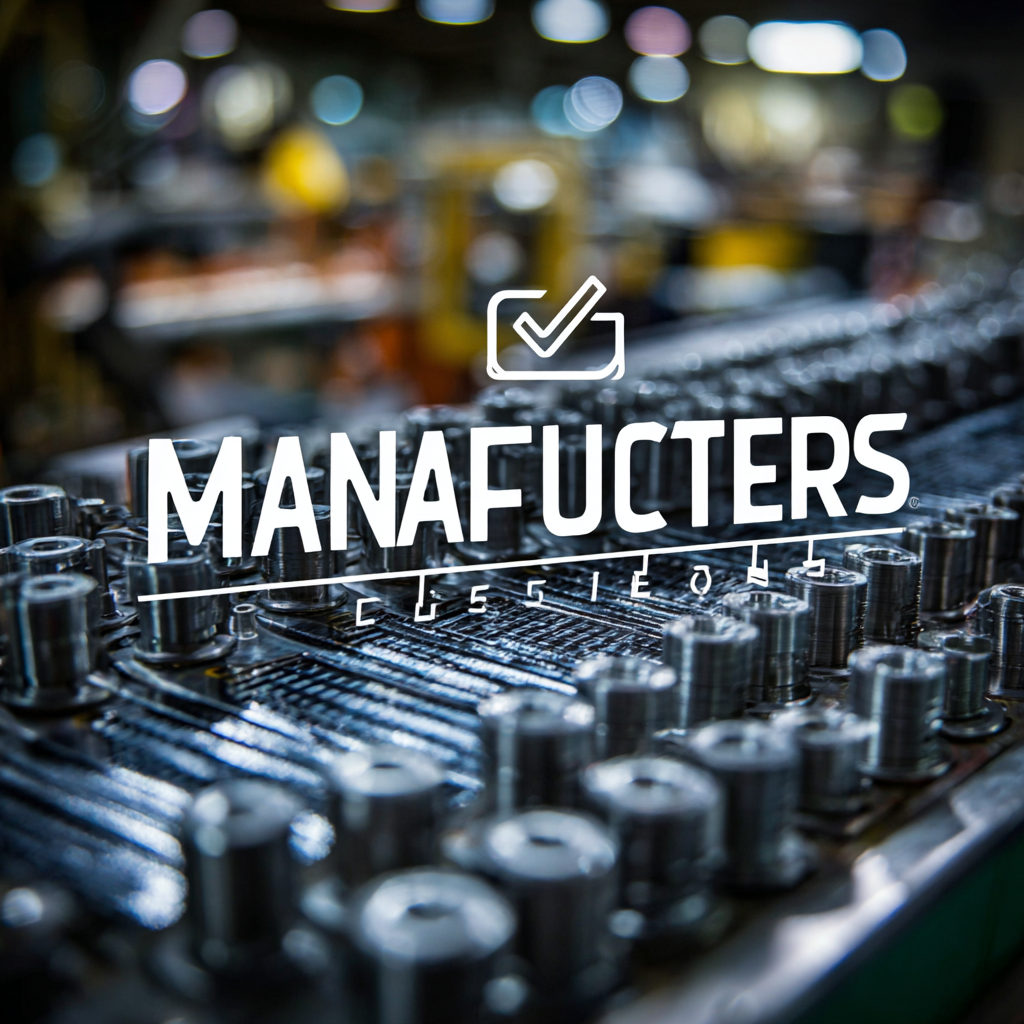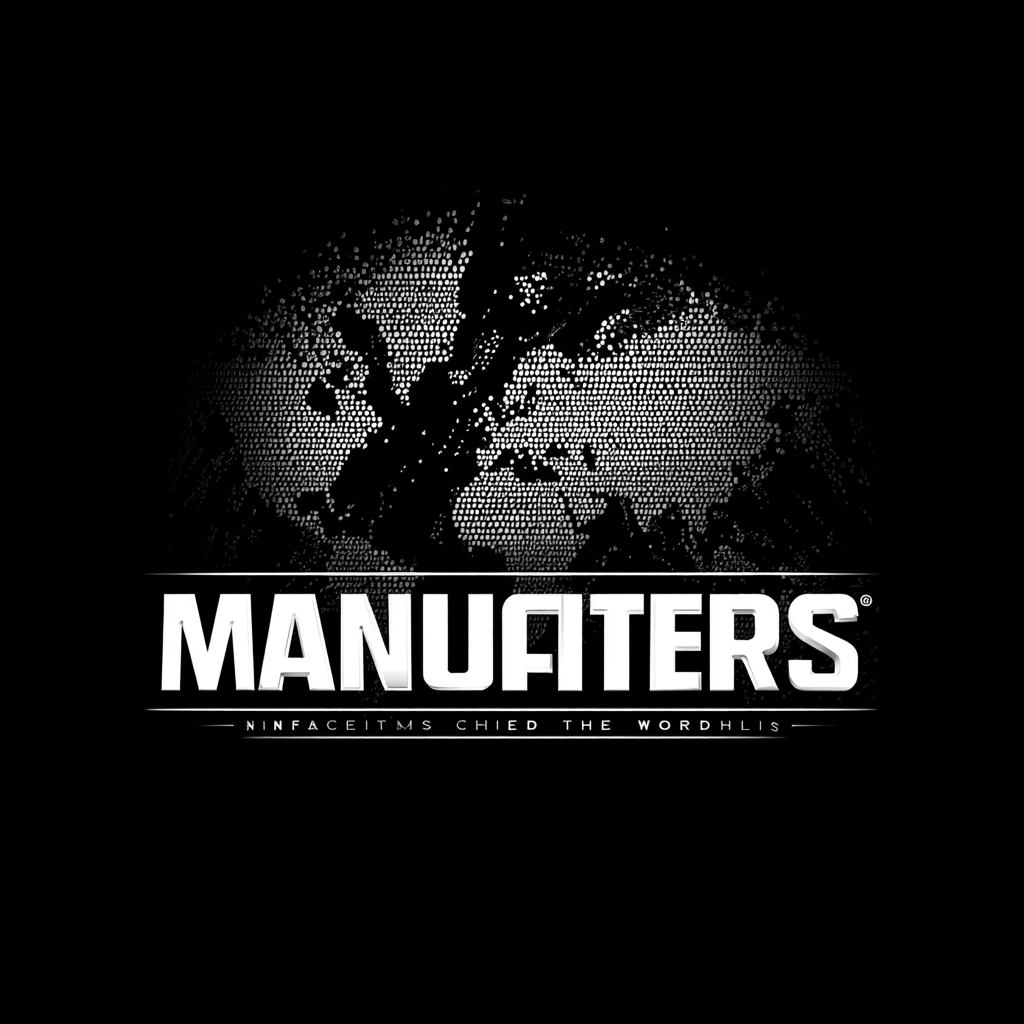- English
- русский
- العربية
- tiếng Việt
- Türkçe
- Deutsch
- 日本語
- 한국어
- ภาษาไทย
- Indonesia
- שפה עברית
- Português
- Español
- Français
- Italiano
- Nederlands
- Polski
- Svenska
- magyar
- Malay
- বাংলা ভাষার
- Dansk
- Suomi
- हिन्दी
- Pilipino
- Gaeilge
- تمل
- český
- ελληνικά
- український
- Javanese
- فارسی
- தமிழ்
- తెలుగు
- नेपाली
- Burmese
- български
- ລາວ
- Latine
- Қазақша
- Euskal
- Azərbaycan
- Slovenský jazyk
- Македонски
- Lietuvos
- Eesti Keel
- Română
- Slovenski
- मराठी
- Srpski језик

Ultimate Checklist for Finding the Best Manufacturers Worldwide
In today's global marketplace, sourcing the right manufacturers can make or break your business success. With the rise of international trade, companies are constantly on the lookout for quality production partners that not only meet their specifications but also align with their values and vision. Among the myriad of options available, "来自中国最优质的制造工厂" stands out as a key consideration, given China's reputation for delivering exceptional manufacturing capabilities across various industries. This ultimate checklist aims to guide you through the essential steps and criteria for identifying the best manufacturers worldwide, ensuring that your products are crafted by skilled artisans who uphold high standards of quality and professionalism. By equipping yourself with the right knowledge and tools, you can form valuable partnerships that drive innovation and growth in your business.

Common Challenges in Sourcing Reliable Manufacturers Globally
Sourcing reliable manufacturers globally is fraught with challenges that can hinder businesses from achieving their production goals. One of the most common issues is communication barriers, particularly when operating across different languages and cultural contexts. Misunderstandings can arise from unclear specifications or expectations, ultimately leading to production delays and increased costs. Therefore, establishing clear lines of communication and utilizing translation tools or services can help mitigate these risks.
Another significant challenge is ensuring quality control throughout the manufacturing process. Many businesses struggle to maintain consistent quality standards when working with overseas manufacturers. Variations in materials, production techniques, and adherence to specifications can lead to inconsistencies in the final product. To overcome this, it is essential to conduct thorough background checks, request samples, and, if possible, conduct factory visits. Implementing a robust quality assurance protocol will help businesses monitor and maintain product standards effectively, ultimately resulting in long-term partnerships with reliable manufacturers.
Ultimate Checklist for Finding the Best Manufacturers Worldwide
This chart illustrates the common challenges faced when sourcing reliable manufacturers globally, categorized by five key dimensions.
Cost Implications: Balancing Quality and Affordability in Production
When searching for the best manufacturers worldwide, understanding the cost implications of production is crucial. Balancing quality and affordability requires a strategic approach to ensure that the products meet standards without straining the budget. Businesses must conduct thorough research to assess the pricing structures of potential manufacturers, taking into account not just the unit cost, but also the total cost of ownership, which includes shipping, customs duties, and potential tariffs.
Moreover, it is essential to evaluate the quality of materials and production processes offered by manufacturers. A lower price point might seem appealing initially, but compromising on quality can lead to significant long-term costs, such as return rates, warranty claims, and damage to brand reputation. Engaging in open dialogue with manufacturers about quality assurance measures is vital to establishing a trustworthy partnership.
Ultimately, achieving the right balance between cost and quality requires careful consideration, clear communication, and a commitment to finding a manufacturing partner that aligns with your business values and goals.
Understanding Compliance: Navigating Legal Issues with International Manufacturers
Navigating legal issues with international manufacturers is crucial for businesses seeking compliance and risk mitigation. According to a report by the International Trade Administration, nearly 25% of companies face legal challenges due to insufficient knowledge of local regulations when doing business overseas. This highlights the importance of thoroughly understanding compliance frameworks in each country you plan to operate in, from labor laws to environmental regulations.
Tip: Before engaging with any manufacturer, conduct comprehensive research on their compliance history. Look for certifications such as ISO standards or reports from bodies like the International Organization for Standardization to ensure that manufacturers adhere to appropriate safety and quality guidelines.

Maintaining robust compliance not only safeguards your brand but also enhances your business's reputation. A study by Deloitte indicates that companies prioritizing compliance tend to see a 20% increase in market value. Thus, when vetting potential manufacturers, it is essential to ensure they have clear documentation of compliance protocols and a track record of passing audits.
Tip: Regularly educate your team about international laws and compliance standards and consult legal experts when necessary, to adapt swiftly to any changes in the regulatory landscape. This proactive approach can wholly transform your international manufacturing strategy, reducing risks and promoting sustainable growth.
Cultural Differences: Overcoming Communication Barriers in Global Partnerships
Cultural differences can significantly impact communication in global partnerships, leading to misunderstandings and strained relationships. According to a report by McKinsey, 70% of unsuccessful international collaborations can be attributed to poor communication. This underscores the importance of cultural awareness in negotiations and ongoing interactions. For instance, in some cultures, direct communication is valued, while in others, subtlety and indirectness are preferred. Understanding these nuances is crucial when seeking to establish effective partnerships with manufacturers worldwide.

To bridge communication gaps, companies should invest in cultural training for their teams. A study by the Global Business Travel Association found that organizations that prioritize cultural competence experience 20% higher satisfaction rates in global partnerships. Additionally, using technology to enhance communication, such as video conferencing tools and collaborative platforms, can further streamline interactions across different time zones and cultural contexts.
Embracing these strategies not only mitigates misunderstandings but also fosters stronger, more productive relationships with international manufacturers, ultimately contributing to business success.
Quality Control: Ensuring Consistency Across Global Manufacturing Facilities
When sourcing manufacturers across the globe, quality control is paramount in ensuring that products meet the desired standards consistently. Establishing robust quality control processes can help mitigate the risks of variability in manufacturing output from different facilities. By implementing standardized protocols, such as Six Sigma and Total Quality Management, companies can drive continuous improvement and maintain a high level of quality across diverse manufacturing environments.
Furthermore, on-site inspections and audits play a crucial role in upholding quality standards. By engaging third-party quality control agencies, businesses can provide an unbiased assessment of a manufacturer’s processes and outputs. This not only helps in identifying potential issues before they escalate but also builds trust with suppliers. Through regular training and workshops for both their team and the manufacturer’s staff, companies can foster a culture of quality awareness, ensuring that every individual is aligned with the organisation's quality objectives, irrespective of their location.
